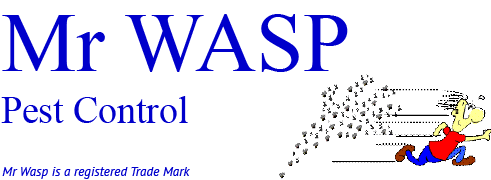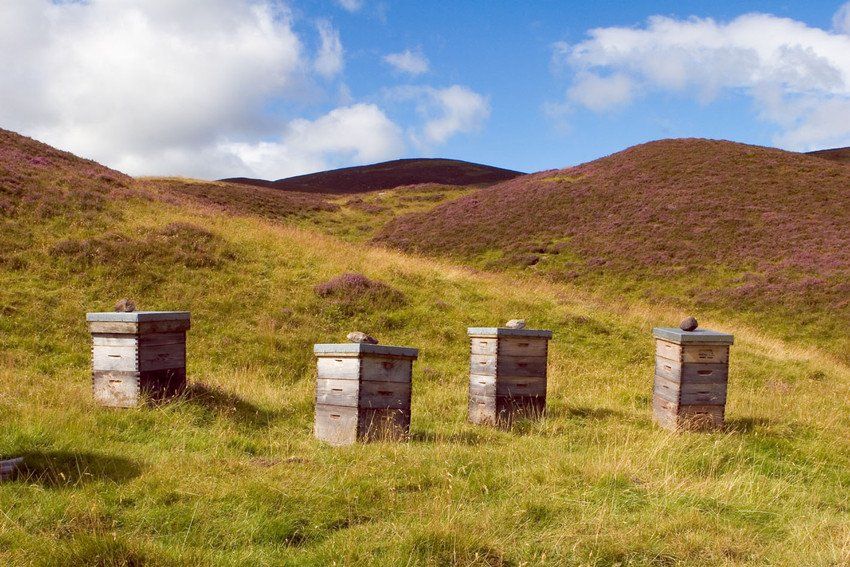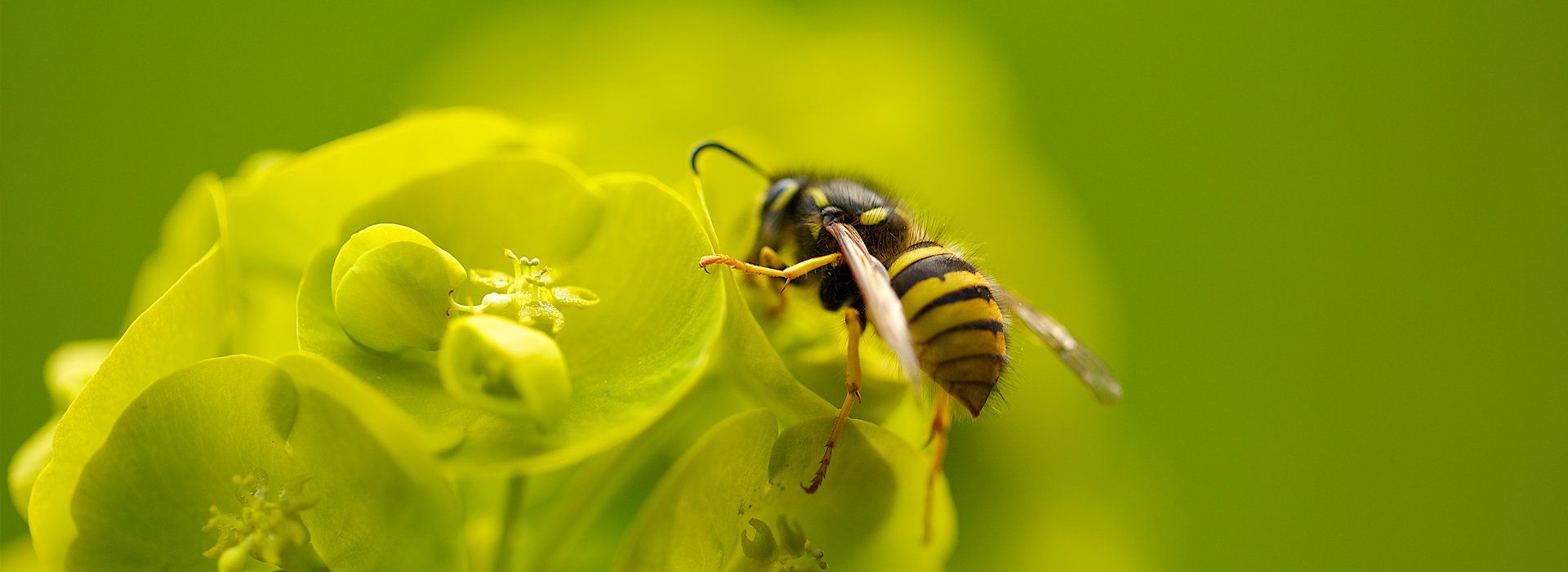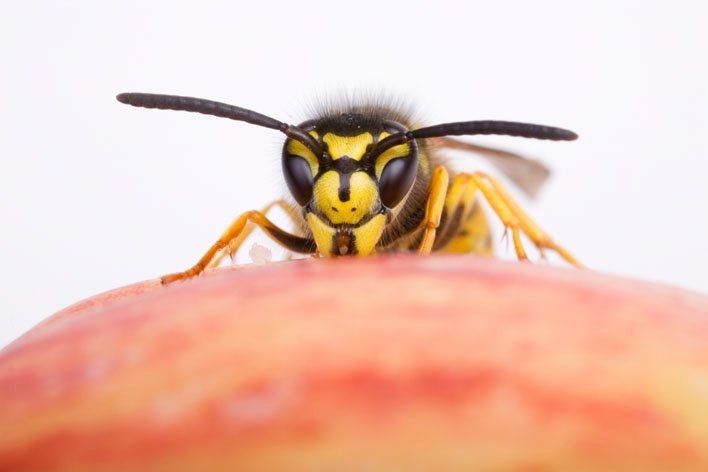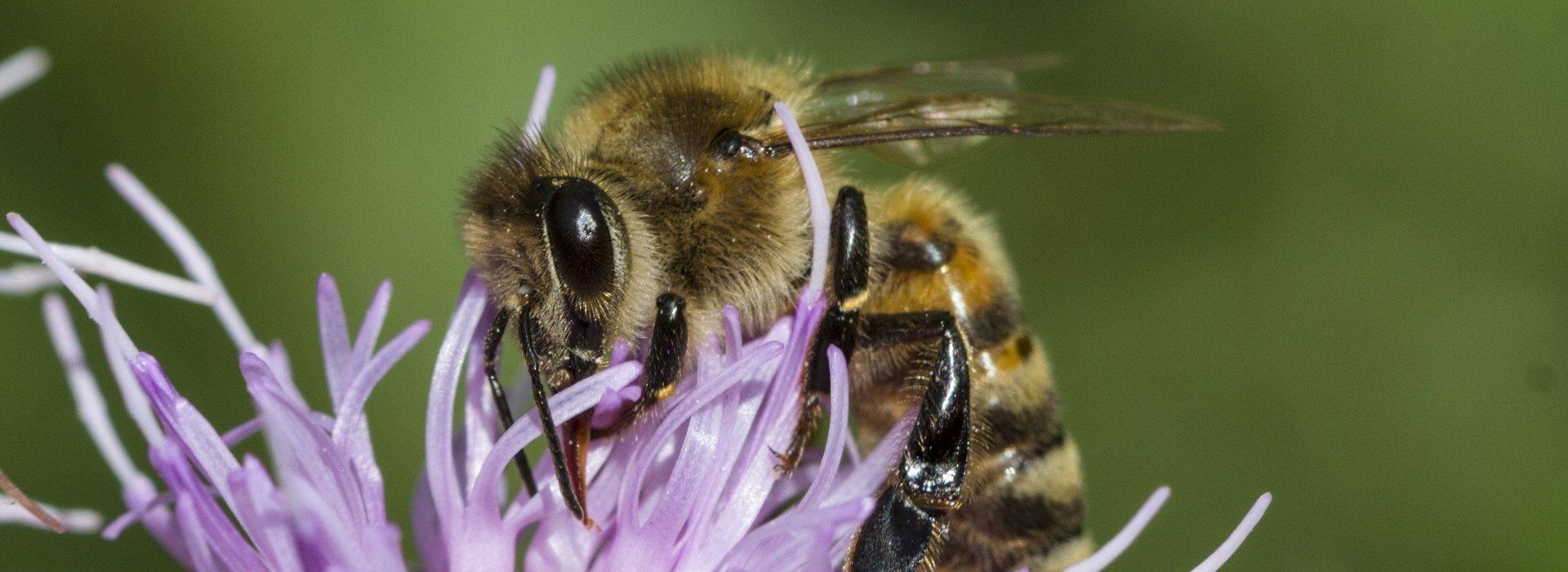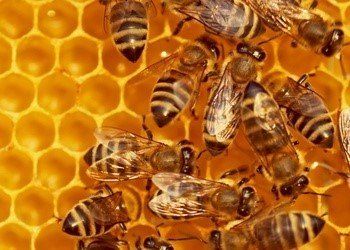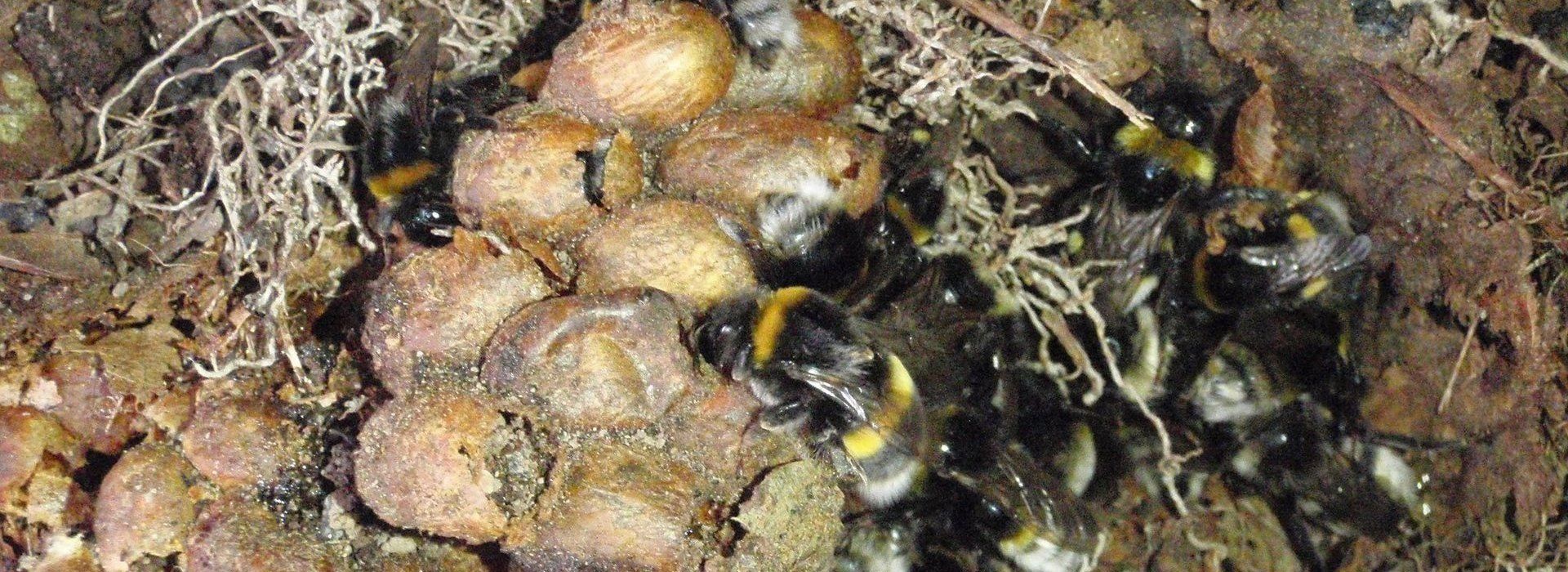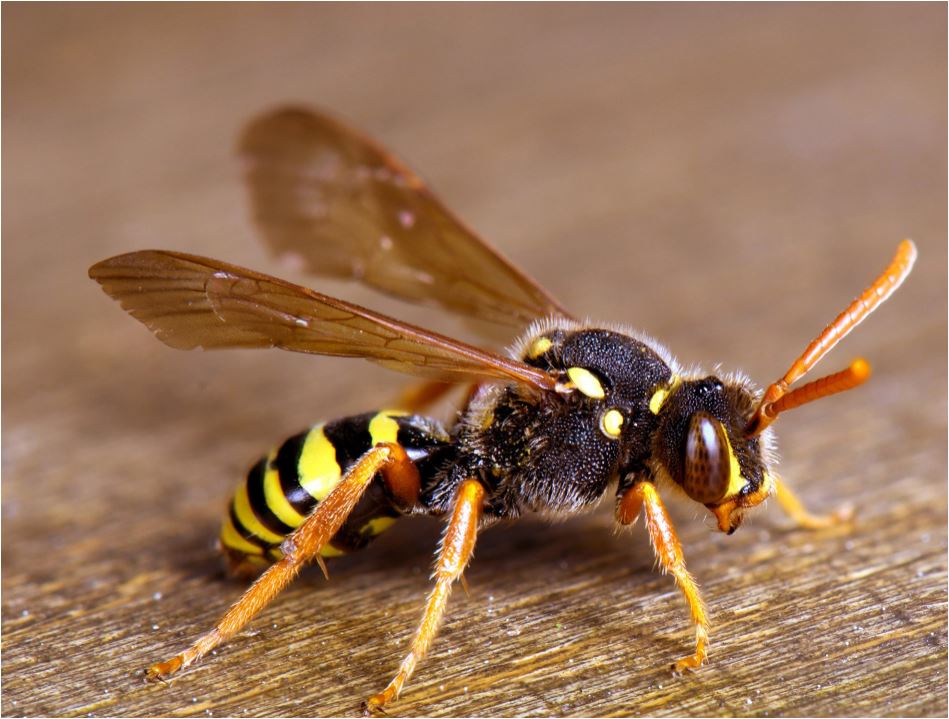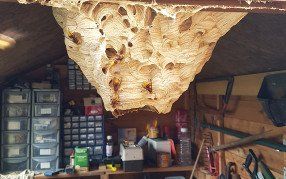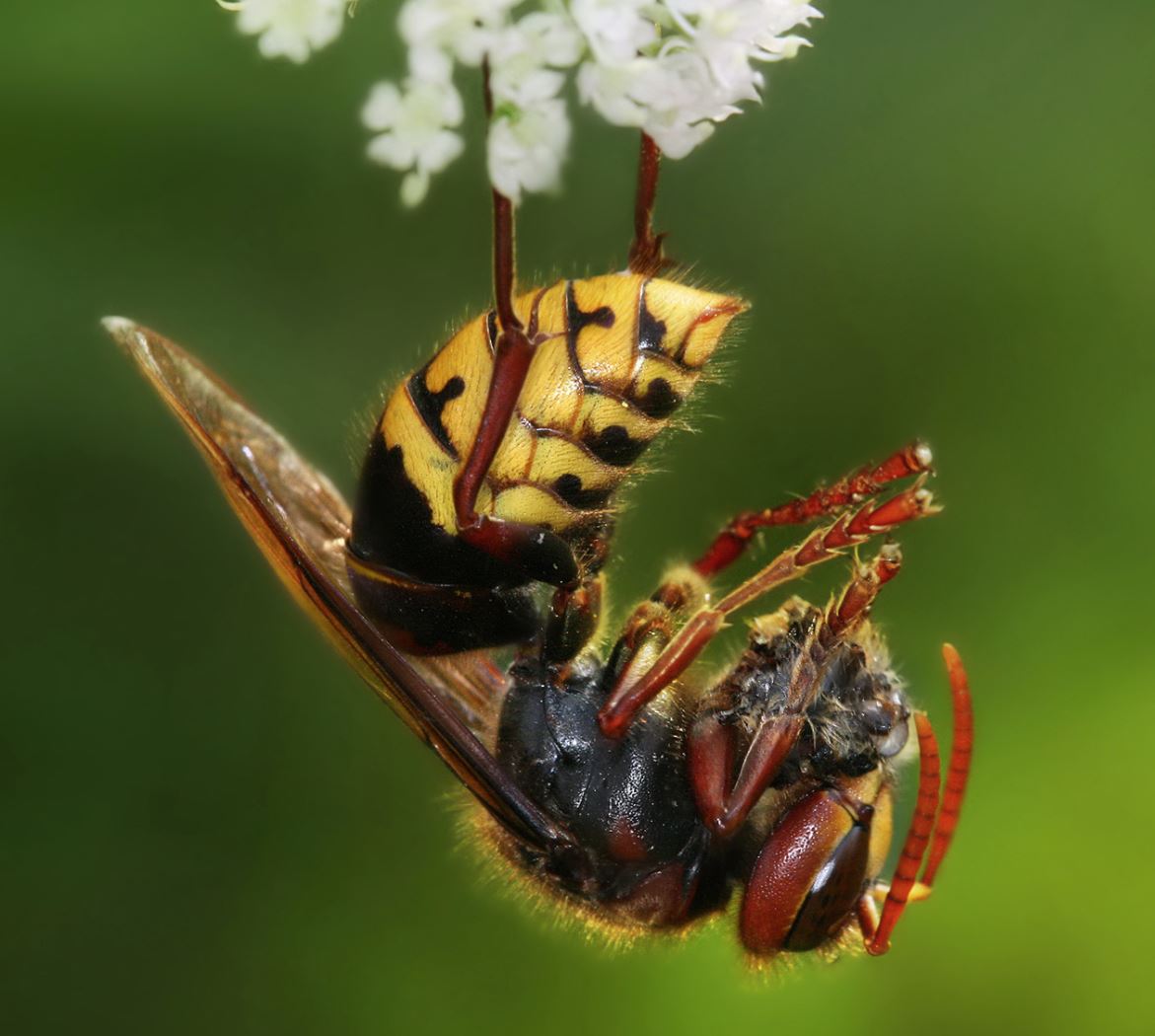Beekeeping For Beginners
Beekeeping is a small but growing hobby. Some people love nature and want bees nearby to pollinate their existing flowers. Whilst some might just want to stop relying on supermarkets and make their own honey. Either way more and more people are turning to beekeeping. But where to begin? It’s not a hobby you can just throw yourself into and hope for the best, requiring research and training before you even consider populating your garden with bees.
Why Beekeeping?
Honeybees are a thriving part of the planet’s ecosystem. They produce nutritious honey that is enjoyed by millions around the world and help with pollination. Pollination by bees is very important to the planet, aiding in nearly one-third of food production worldwide. Your bees can help the well-being of your garden by pollinating any flowers you have, which can both increase their health and encourage new growth. Beekeeping can be way less hassle than dealing with other animals. You don’t have to worry about feeding and walking, or watering and cleaning up after them. They’ll be no getting up at dawn to tend to a whole field of animals, with the creatures confined to a hive or apiary instead.
You can use the honey your bees make to cut out buying it from other places, or you could sell it to make yourself a bit of money. The honey you make will be all-natural and not contain any additives as some manufacturers do to theirs.
Is Beekeeping For You?
The first step on any beekeeping journey is thinking about whether it’s right for you. Don’t just do it for a bit of honey, as this isn’t an easy task for a beginner to accomplish. It’s a nice benefit to be able to enjoy your own honey, but it shouldn’t be a primary motivation. You can sell your honey to make some money, but it probably isn’t going to get you that much of a profit. It’s also not an easy hobby. It takes time, effort and experience to perfect the craft, so not for the casual hobbyist. You should do it because it’s interesting to you and you love to do it! Finally, if you don’t think you can handle being stung, this definitely isn’t the right hobby for you. Even with protection, there will always be a risk of a bee stinging you. Over time you might build up an immunity to the effects, but the initial feeling of getting stung will never go away.
Take The First Steps
Still interested? Read on to find out how to get started in beekeeping and make the most out of your new hobby.
Take A Class
There’s a lot to learn when it comes to beekeeping so the best place to start is enrolling in a beekeeping course. These will teach you about health and safety to prevent any chance of injury. You’ll also learn about the biology of the bee, how to keep your bees alive and how to look after the hive properly. These classes are always taught by experts with years of beekeeping experience. There will even be opportunities to go on location during classes and observe beekeeping in the field, learning the techniques first-hand.
The best time to enrol in a class is right now, while bees are dormant in the autumn and winter. This will mean by the time spring comes, you’ll be equipped with the knowledge to look after them properly and make the most of your hobby.
Order Equipment
When working with bees, safety is paramount. You need to source a beekeeping suit, face protection and gloves. Bee stings can be a mild annoyance but can become a recurring problem when handling your colony. If you are stung multiple times, the accumulation of venom can make you quite ill, with symptoms being nausea, convulsions, fever and dizziness. There will normally be instant pain when you are stung, and a red welt at the sting area. Severe reactions can be potentially life-threatening.
So this is why you shouldn’t just buy the cheapest option of beekeeping suit you find, as they will often break or tear easily. Instead, research and find a suit that fits your needs from a reputable company. You want one that is secure, not letting any bees in to potentially sting you. You should also think about comfort. In the warmer months, wearing a suit made of breathable cotton is going to leave you less sweaty and more comfortable. Your face protection and gloves are just as important as the suit. You want to find something that still provides a good field of vision while also keeping bees away from your face. In terms of footwear, anything sturdy will do such as wellington boots or hiking boots.
Next, you’ll want to think about the actual beekeeping equipment, such as a smoker, hive tool and apiary. Prices of apiaries vary wildly based on the type and options you want to have. A smoker is used to help keep bees calm when you’re interacting with them, masking a pheromone they release when they sense danger. This is an essential tool if you want to avoid being stung. A hive tool is used for prising frames apart and cleaning inside hive surfaces. If you’re producing honey then you need to also purchase a way of filtering the honey.
Once you have obtained your equipment, you need to think about where it should be placed. The bees should be put in a position where nobody except the beekeeper is ever likely to be stung. It should therefore be away from any paths or any neighbouring gardens. If you have kids or pets you need to carefully consider if they will be able to keep away from the bees and not get stung. You can normally find a beekeeper's starter kit online with all the essentials you will need in one easy bundle, taking the stress out of sourcing various pieces of equipment.
Get Your Bees
Now you have all your equipment, it’s time to source some bees. You can normally buy bees in different amounts, but for beginners it’s best to try and keep this low at first, expanding as your skills develop. This will help you study patterns and behaviours as you get more comfortable with managing the bees.
Maintenance
How much maintenance a hive needs depends on the season. Be prepared for a lot of hive maintenance and safety over the winter months to make sure your hive is operational. But you don’t need to be spending hours upon hours with your bees. About half an hour a week is good for beginners as they learn the ropes. There’s no specific answer to how long you need to be with the bees, as it relies on several factors.
Register As A Beekeeper
By registering yourself as a beekeeper with the National Bee Unit, you will be able to take advantage of the numerous benefits this offers. This includes a free visit from a fully qualified Bee-inspector who will have had years of experience in managing their own colonies of bees. They will provide you with help and support on how to care for your bees, while also checking for potential problems or signs of disease and pests. You’ll also get access to online resources that include tons of useful information on how to care for bees correctly.
Mr Wasp
If you’re looking to get started in beekeeping, but are being plagued by an existing nest of wasps, hornets or other bees, call Mr Wasp now to deal with the infestation. Our team will assess the situation and work to find the best solution for the safe removal of the issue.
Mr Wasp is a local, family-run company that offers wasp, bee and hornet removal in Cardiff and South Wales. With over 40 years in the trade, we have built up a reputation for an efficient and swift response to your problem. So give us a call on 029 2075 4796 for help dealing with your infestation. We operate twenty-four hours a day seven days a week so it is never an inconvenient time to ring and ask for assistance. Visit
our website now to see our full range of services.
